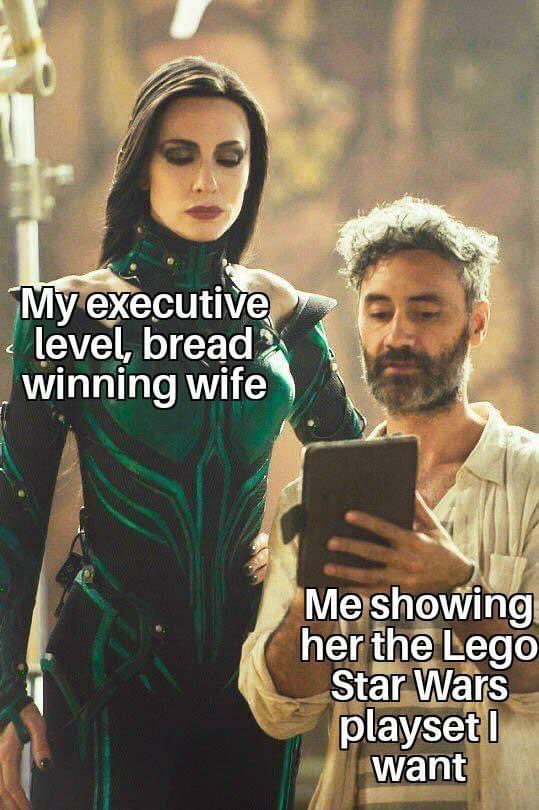In Louisiana, with a few exceptions, property acquired and debts accrued during the marriage are deemed “community property.” That means that as long as the marriage continues, assets and debts acquired belong equally to both spouses, as long as they are not classified otherwise as separate property.
You will notice I said “classified,” not “titled.” There is an important difference. The way an asset is titled does not usually matter in determining property rights. Instead, many factors are taken into consideration: when was the property purchased? What was the source of the funds? Was there any agreement between the spouses about the nature of the property? These factors all play into whether property is community or separate. In most cases, it will belong to both spouses as community property.
One day, either by divorce or death do us part, all marriages end. Personally, I see our community property system as providing a fair and equitable division of property when that day comes. This is particularly important when one spouse is the breadwinner and the other spouse stays at home.
In most cases, when one spouse dies, she will leave to the other spouse her share of the property accumulated during the marriage. But unlike our forced heirship laws for our kids, no law compels her to do so, and it is not always the case. Sometimes community property laws are the only thing protecting a non-earning widow or widower from destitution. Likewise, when spouses divorce under community property laws, the breadwinner cannot walk away with all of the marital property and leave the other spouse with nothing.
If an asset is purchased using community funds, it is usually community property even if it’s held in one spouse’s name. This can be a difficult concept, so I like to tell my clients to think of their marriage as a business. Much like a corporation, there is an entity known as the “marital community” that acquires property, incurs debt, and continues to exist as long as the marriage does. When the marriage ends, so does the community, and all property acquired after that is separate.
I often use vehicles as an example because they are a tangible, easy to understand way to illustrate a larger point that applies equally to a variety of community property such as pensions, personal effects, real estate, and the like. It isn’t a perfect analogy, but it helps when a husband thinks of having “his car” and his wife has “her car” because of how the cars are titled. Until those vehicles are formally allocated in some way, “his car” is just as much “her car,” and vice versa. Likewise, both spouses are responsible for the notes that are on each car. If the cars are more or less equal in value with an equal amount of debt encumbering them, it probably won’t make a whole lot of difference in allocating one to each spouse, but you can imagine it becomes an important distinction when one car is older and paid off and the other is a brand new car with a note on it.
I also like to use this analogy for income, particularly when it goes to pay off debt like a car note. When one spouse is the main breadwinner, she may think, “Sure, each of us has a car in our name. But I paid both of them off since I was the only one working. So both of the cars belong to me, right? RIGHT?”
To which I say:

Most personal income is community property. So income, once expended, effectively becomes a zero sum game at the end of the marriage. Who made the money, or what property it was used to acquire, or what it was used for; none of that matters when the marriage is over. Even if she went to work 12 hours a day while he stayed home playing XBox, that income was just as much his as his as it was hers however it got spent.
Now, a lot of my clients see this as pretty unfair to them. I can understand why, especially if they’ve been married for years and laboring all that time under the misconception that they earned everything so they own everything.
I see it a bit differently. In community property states, both spouses are protected in the event of death or divorce, because each spouse owns half of the property of the marriage in his own right. Of course, this is no perfect solution — nearly everyone involved suffers some economic displacement in a divorce or upon the death of a loved one — but it is an excellent piece of social engineering that at least minimizes that hardship as much as possible. I am not going to pretend I am an expert in common law property — I haven’t looked at it since I left law school 25 years ago — but I know it means that if one member of a married couple acquires property during the marriage, then the property belongs to that person alone. I am sure there are always protections in place for the non-earning spouse, but that sounds like pretty weak protection to make up for what community property states have naturally built into them.
Our community property laws ensure that a non-breadwinning spouse does not go from a comfortable life to overnight destitution when his breadwinner spouse divorces him or passes away. If the breadwinner divorces her spouse, he will get half of the property, or possibly an equalizing payment, to make things as even as possible. If she dies and leaves him nothing in her will, he already owns half the property in his own right. A spouse who does not earn the bread, so to speak, contributes to the family just as much as the one who does, by maintaining the home, raising the kids, making sure there is food in the fridge, preparing meals, or getting an education. At the risk of straining the analogy, business partnerships often involve one partner providing “equity” with the other providing “sweat equity.” Each partner has different contributions, but both contribute equally. Community property laws recognize that marriage is no different.

That will necessarily create some practical inequity for the occasional marriage where one partner slacks off and the dynamic is not at all equal, but that is the exception that proves the rule. Sure, sometimes that means one spouse can choose to do nothing but play Xbox all day, and still have that security. If his wife finally gets sick of his couch-surfing and divorces him, the community income is over and he will probably have to finally go out and get a job. But before that, that is how the couple chose to live, so he will walk away with his share. If he was ok with that, and his spouse was ok with that, who are we to judge peoples’ choices after the fact?
If your wife just came home from work and gave you a look that makes you question whether you will get to keep the XBox in a divorce, don’t just sit there on the couch guessing. Pause the game, preferably before the big Boss Fight, and go make an appointment to speak with a qualified and experienced family attorney today.


